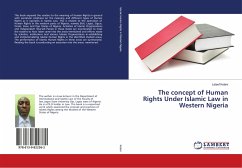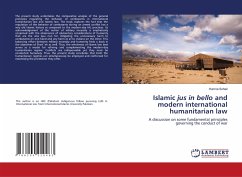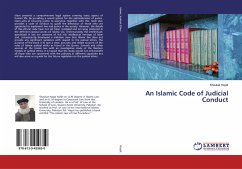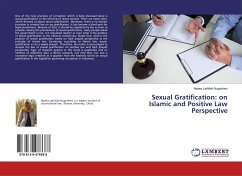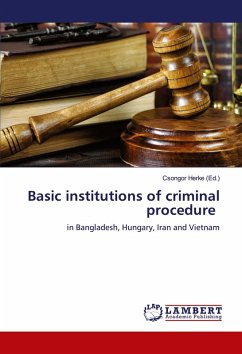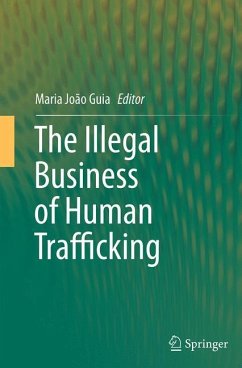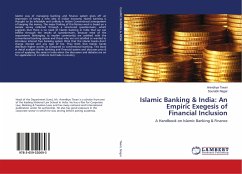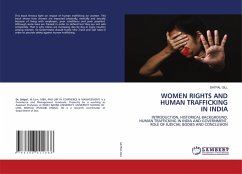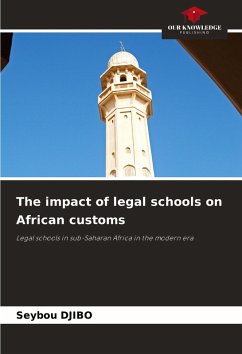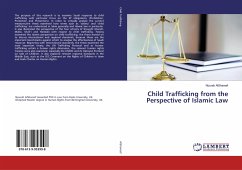
Child Trafficking from the Perspective of Islamic Law
Versandkostenfrei!
Versandfertig in 6-10 Tagen
55,99 €
inkl. MwSt.

PAYBACK Punkte
28 °P sammeln!
The purpose of this research is to examine Saudi response to child trafficking with particular focus on the 3P obligations, (Prohibition, Protection and Prevention). In order to critically analyse the current measures,the thesis examined how terms such as 'slavery' and 'child trafficking' are understood in Islam generally and Islamic law in particular. It also illustrated the perspective of the four schools of thought (Hanafi, Maliki, Shafi'i and Hanbali) with respect to child trafficking. Having examined the Islamic perspective on child trafficking, the thesis moved on to discuss internationa...
The purpose of this research is to examine Saudi response to child trafficking with particular focus on the 3P obligations, (Prohibition, Protection and Prevention). In order to critically analyse the current measures,the thesis examined how terms such as 'slavery' and 'child trafficking' are understood in Islam generally and Islamic law in particular. It also illustrated the perspective of the four schools of thought (Hanafi, Maliki, Shafi'i and Hanbali) with respect to child trafficking. Having examined the Islamic perspective on child trafficking, the thesis moved on to discuss international and regional standards, because these are the important benchmarks against which to analyse the effectiveness of Saudi response. Beginning with International standards, the thesis examined the most important treaty, the UN Trafficking Protocol and as human trafficking entails a human rights dimension, the relevant human rights treaties were also examined, especially the UNCRC and its Optional Protocol on Sale of Children. It also explored relevant regional standards in the Middle East, such as the OIC Covenant on the Rights of Children in Islam and Arab Charter on Human Rights.



